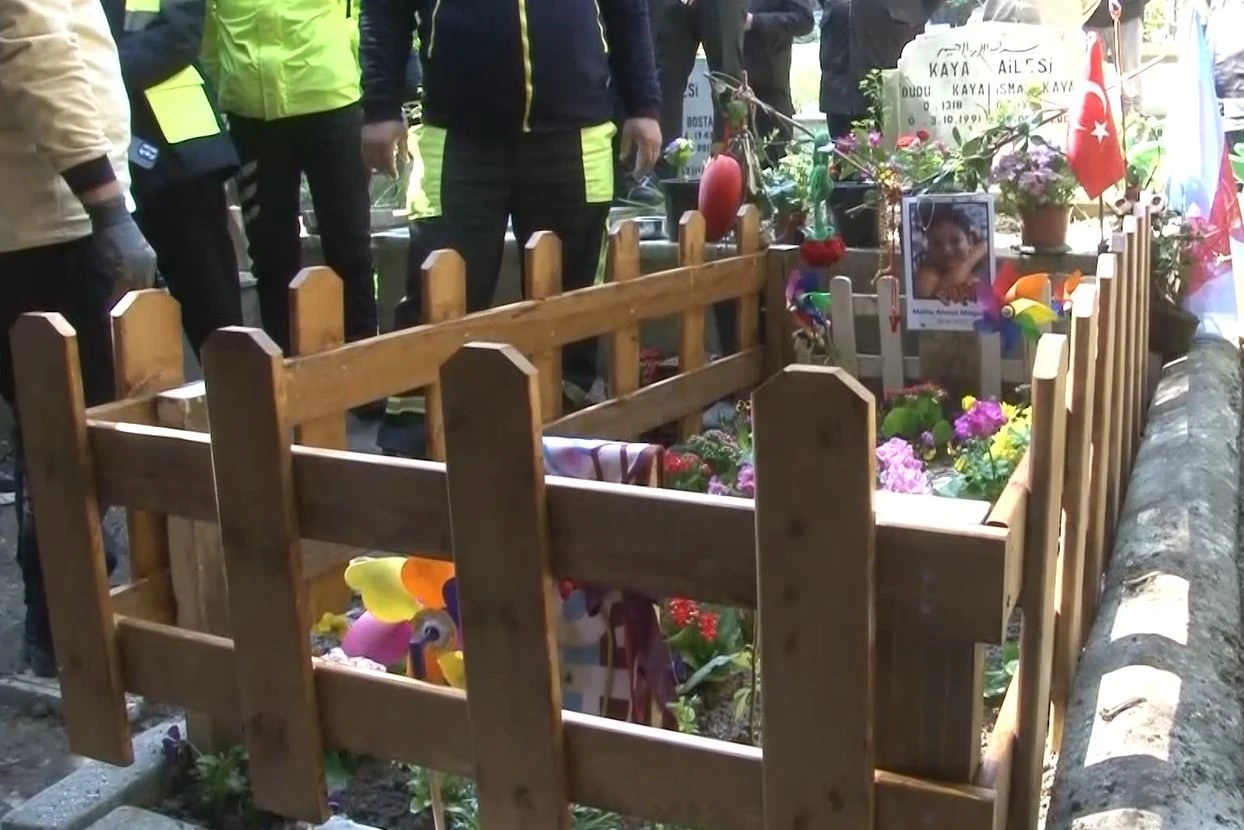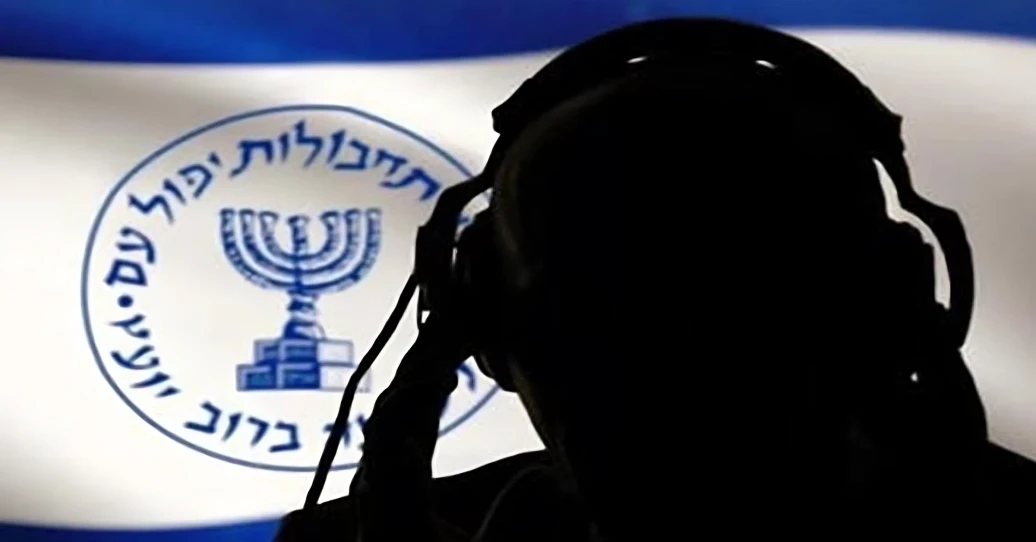Ancient Greek god’s head found peeping out of Fethiye Castle
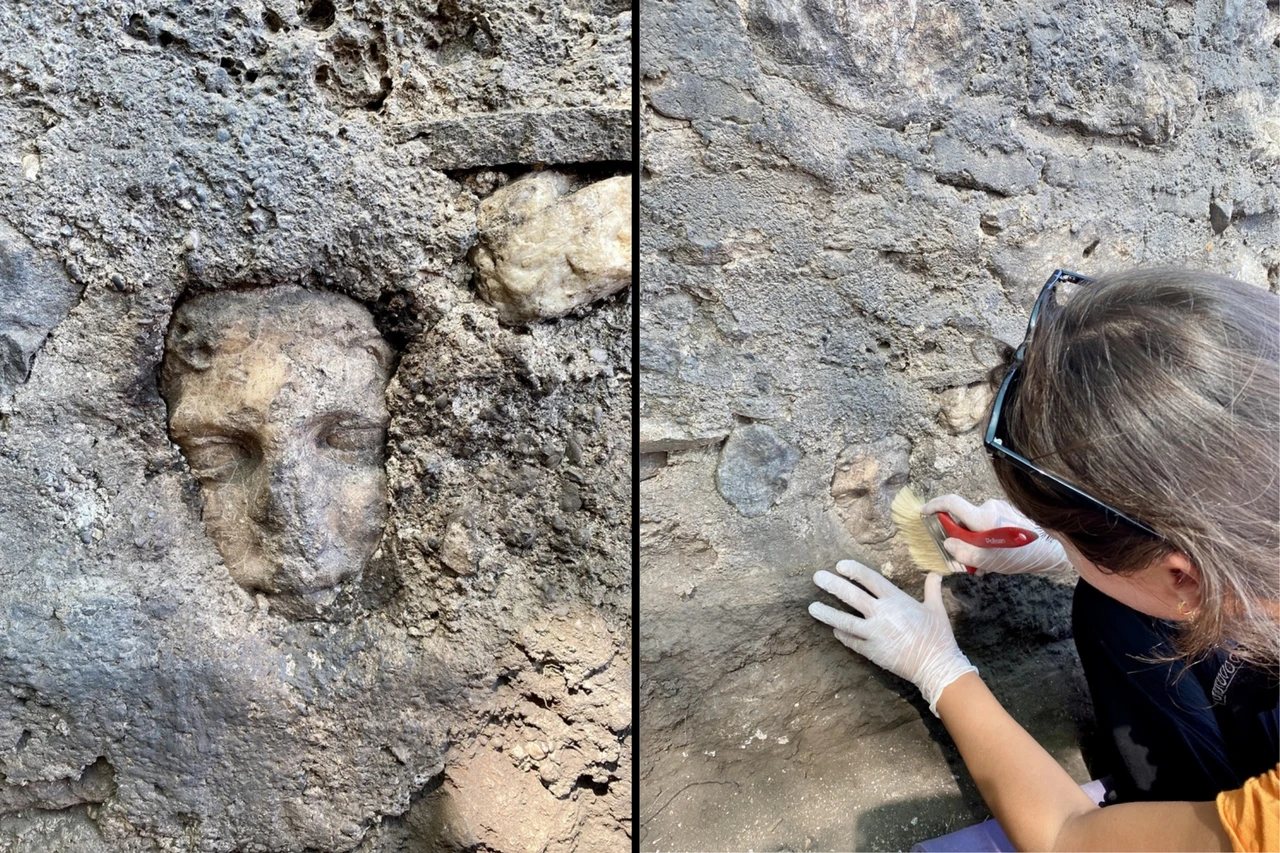 A statue head believed to belong to Apollo is discovered during the excavation of Fethiye Castle in Mugla, Türkiye, August 20, 2024. (AA Photo)
A statue head believed to belong to Apollo is discovered during the excavation of Fethiye Castle in Mugla, Türkiye, August 20, 2024. (AA Photo)
Archaeologists recently uncovered a head believed to belong to the ancient Greek god Apollo at Fethiye Castle in Mugla province.
The discovery has sparked significant interest, as it provides a new insight into the region’s rich historical background.
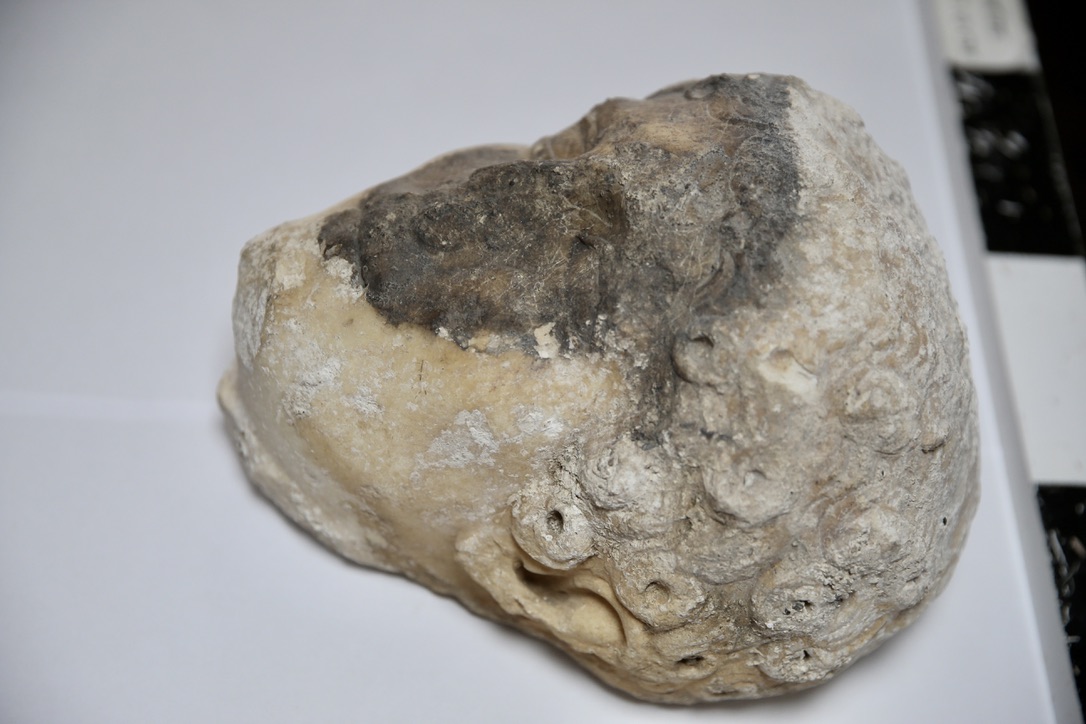
The excavation, which began three years ago, is led by professor Kadir Pektas under the direction of the Turkish Ministry of Culture and Tourism. The team found the head, dating back to the second century A.D., embedded in the castle’s inner wall near the flagpole. Pektas emphasized the importance of this discovery, stating, “This is a very important piece for us.”
Currently displayed at the Fethiye Museum, the head has garnered attention due to its potential connection to Apollo, the god known for his associations with the arts, poetry, and the sun in Greek mythology. Prof. Pektas remarked, “The head could belong to Apollo or another historical figure.” He further explained that the use of a drill, a common technique in the second century A.D., confirmed the artifact’s age.
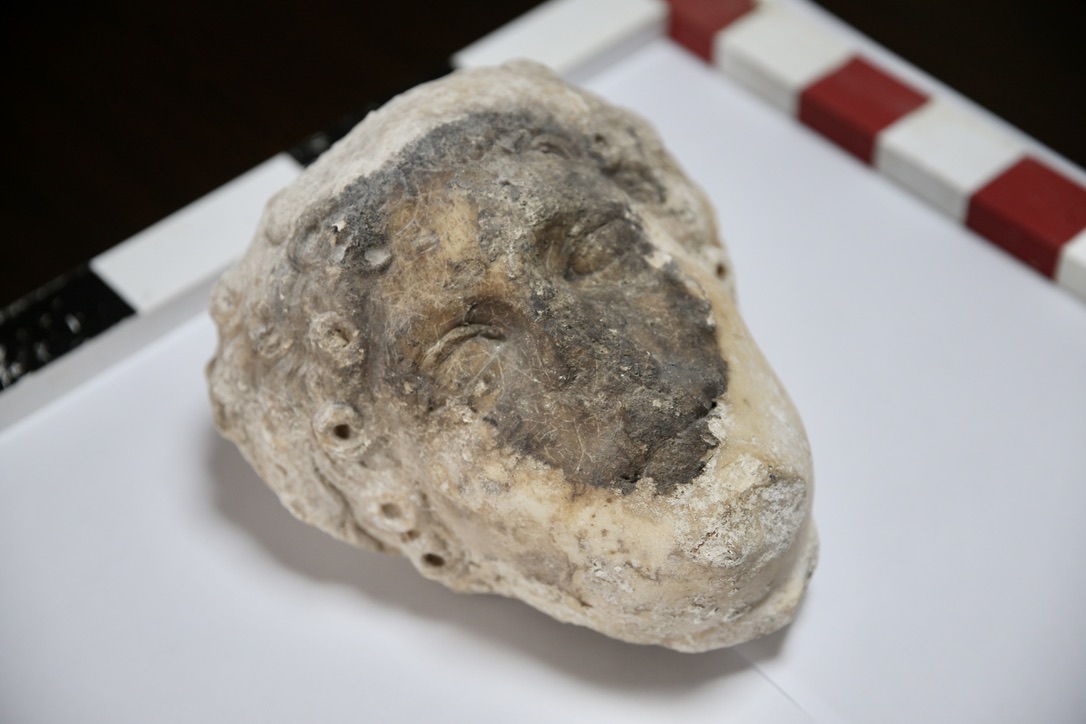
Fethiye Castle, situated on a hill that overlooks the town and the famous Amintas Rock Tombs, serves as a significant archaeological site. The castle features elements from various historical periods, with the upper section dating back to the Turkish period and the lower part to the Hellenistic era.
The ongoing excavation has also revealed coins from the Turkish-Islamic, Ottoman, and Mentese principalities, along with other artifacts such as cannonballs, everyday items, and ceramic pieces.
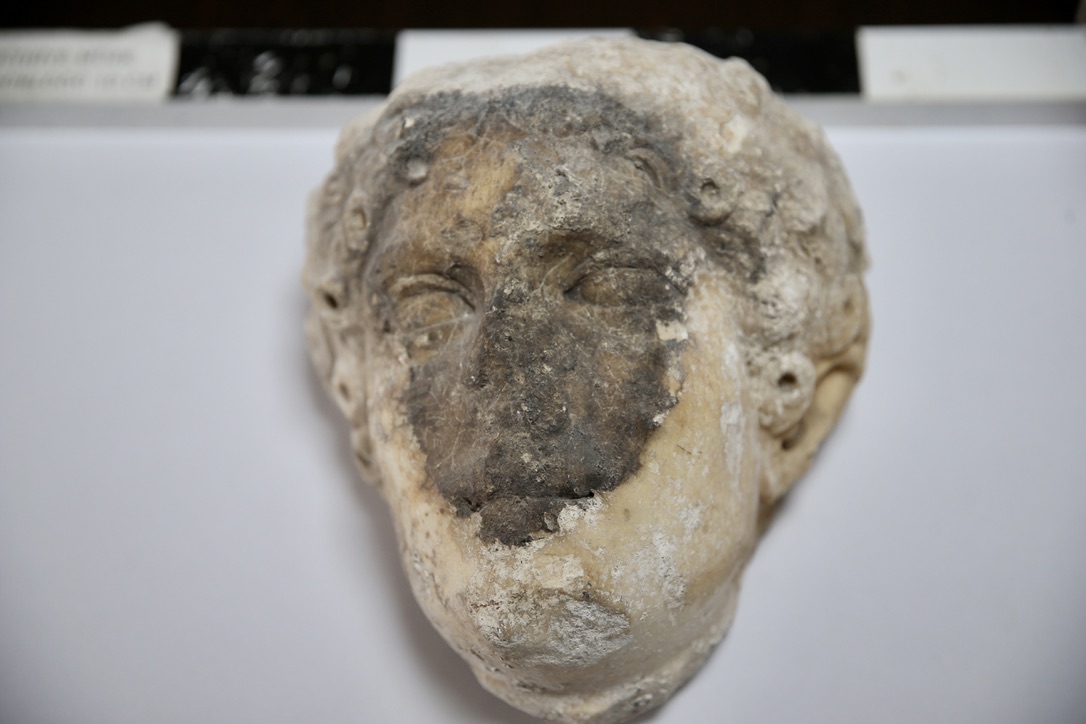
Pektas pointed out that this discovery, along with other findings, greatly enhances the cultural and historical significance of the Fethiye region. He noted, “While the area is primarily known for its sea, sun, and sand tourism, these archaeological discoveries offer a chance to extend tourism throughout the year.” He highlighted the need for more reasons to encourage tourists to stay in the region.
The excavation is part of the broader “Heritage for the Future” project initiated by the Ministry of Culture and Tourism, which aims to preserve and promote Türkiye’s historical assets. Alongside the archaeological work, restoration efforts at Fethiye Castle are underway to make it more accessible and appealing to visitors.
